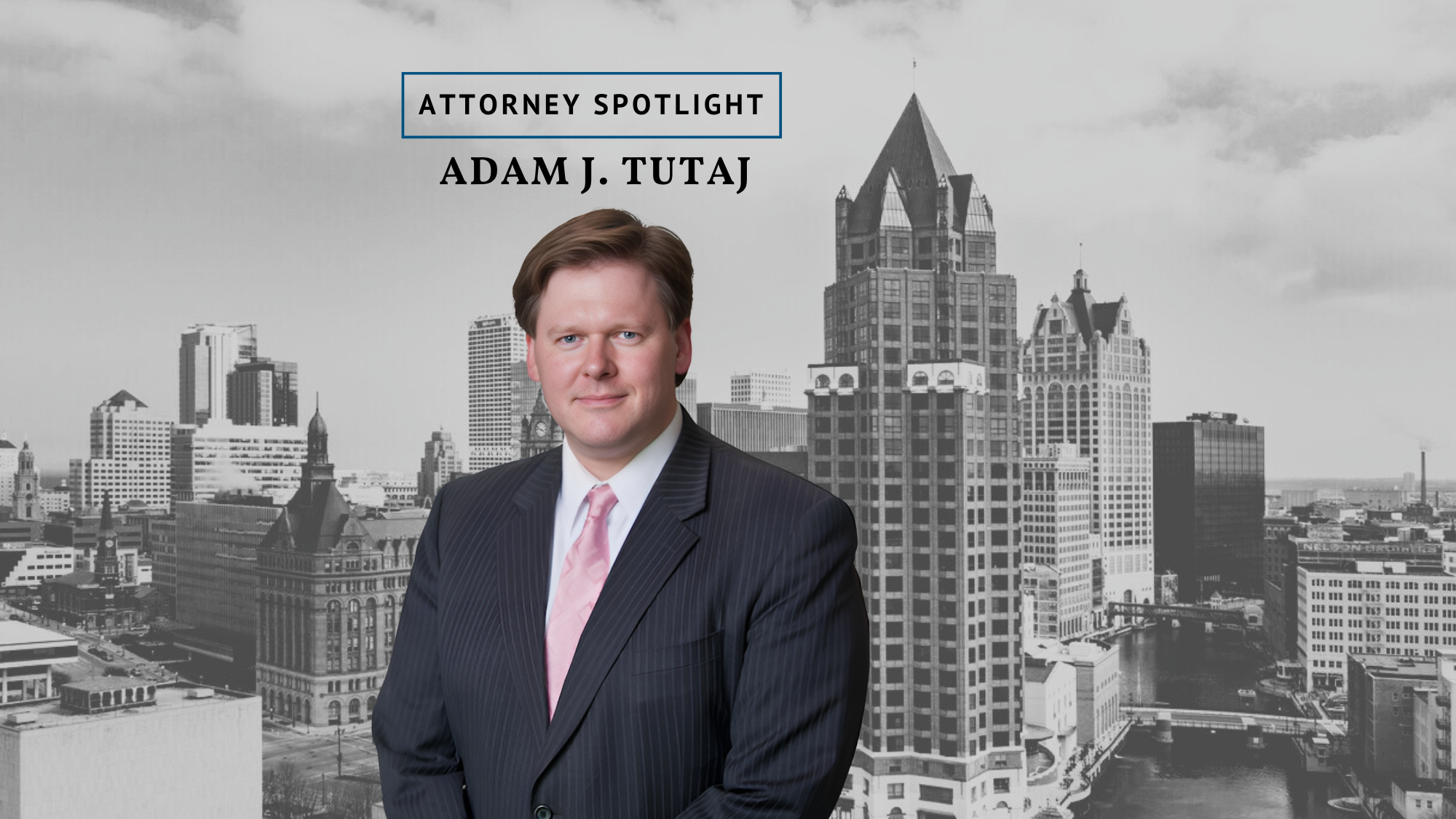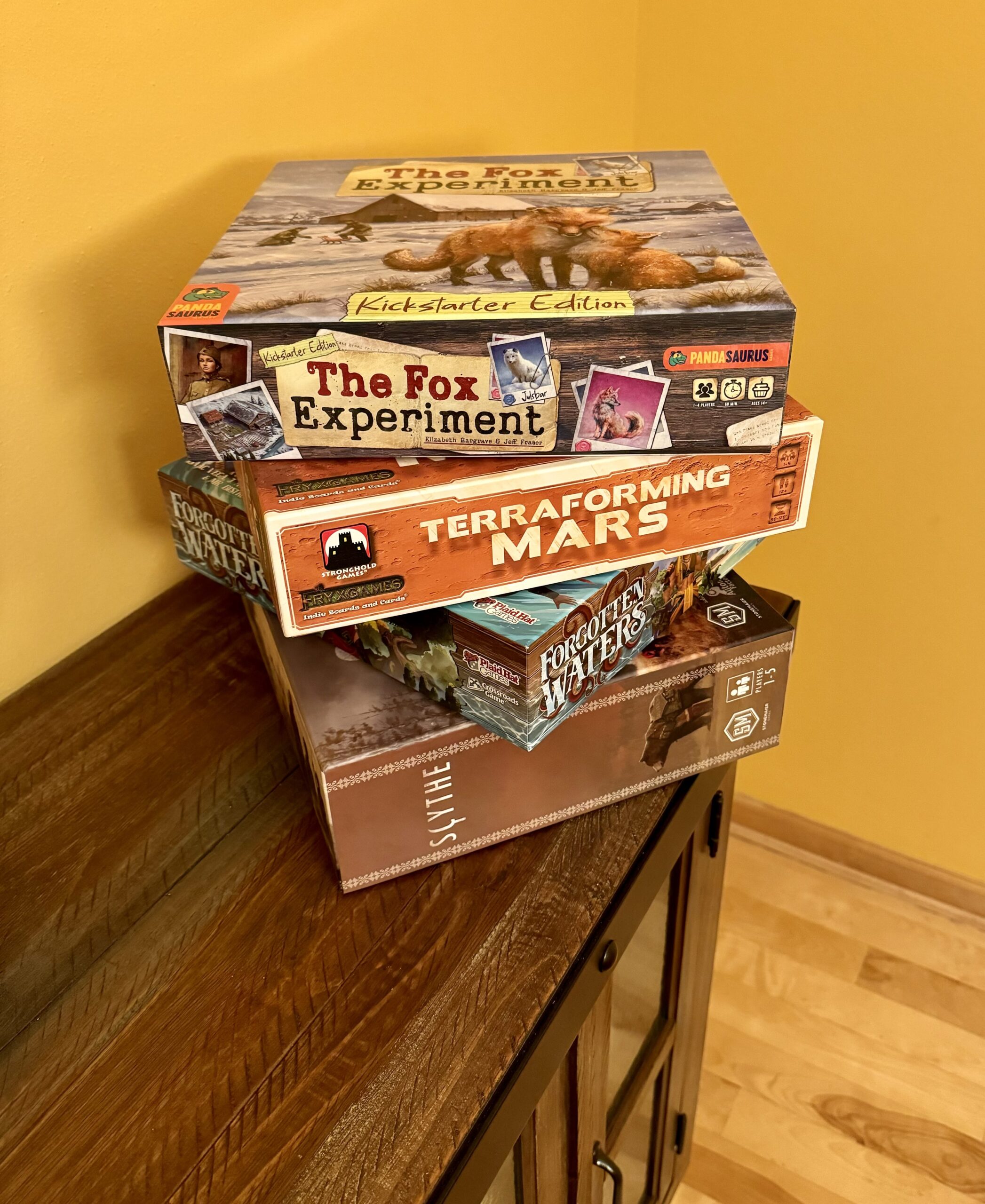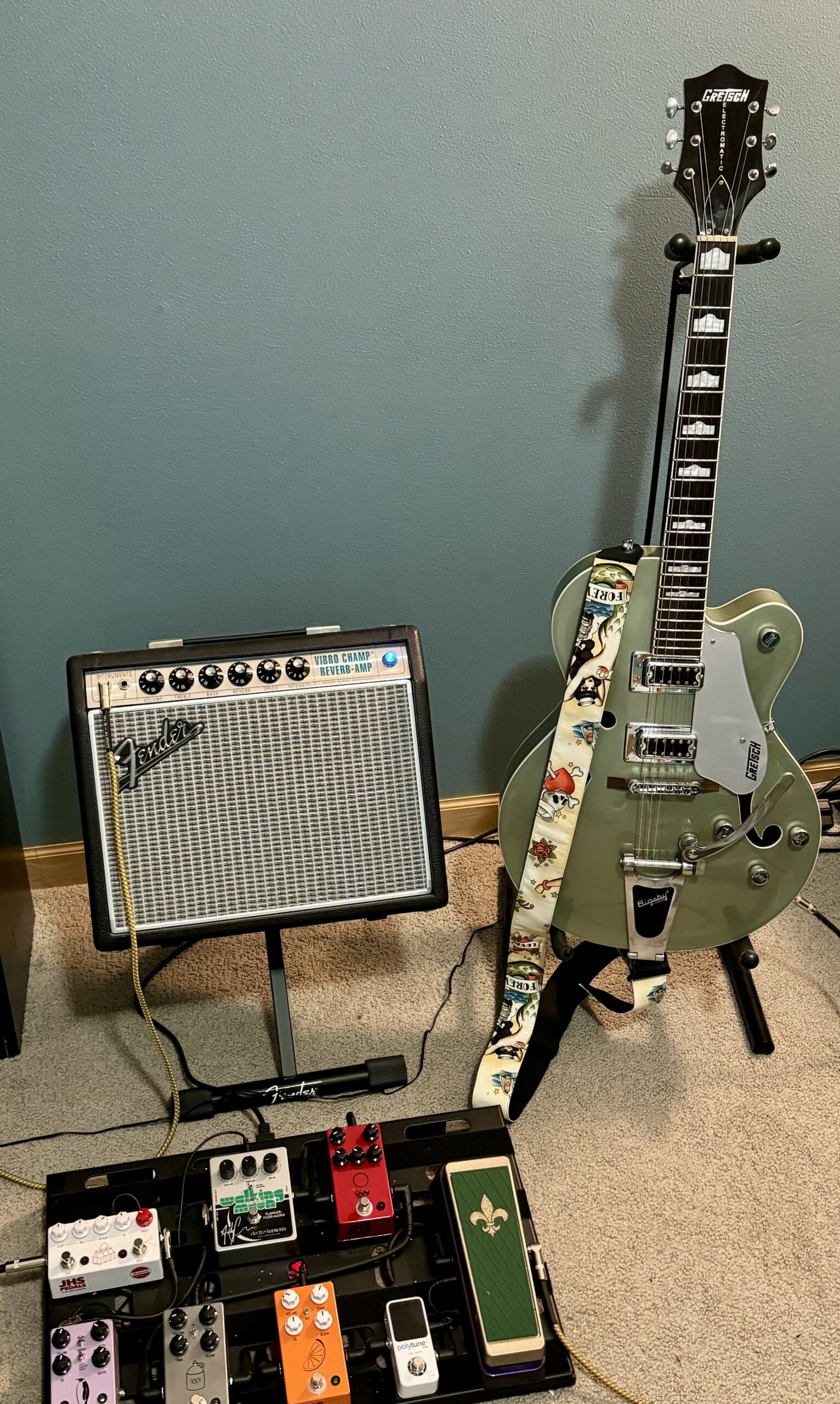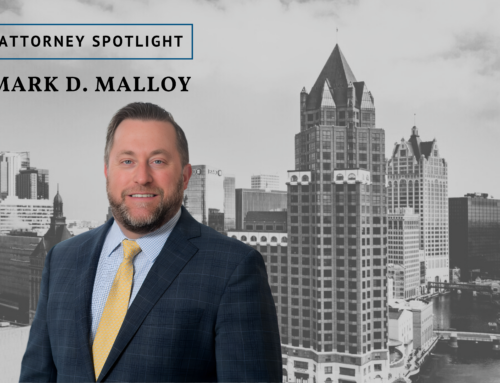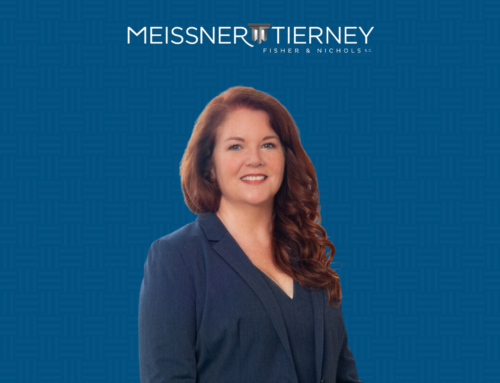Adam J. Tutaj is a shareholder of the firm and concentrates his practice in the areas of business, tax and health law.
Where are you from?
I was born and raised outside of Baltimore, Maryland, before moving to Buffalo, NY for a couple of years, and then Coventry, Rhode Island for several years after that. I came to Milwaukee for college in 1992 and have been here ever since.
What was your first job?
My first job was as a library assistant at a medical library.
What are your hobbies?
I’m an avid tabletop game player. Chess remains a perennial favorite—going back to my days as a tournament player in elementary and high school, and later as a coach for my kids’ scholastic teams. My wife and I also have regular board game nights with groups of friends.
I also enjoy playing guitar and, like many others, used the Pandemic as an opportunity to take it up again—having not played since jazz band in college.
What is something on your bucket list?
My wife and I are looking forward to an Agatha Christie-themed vacation when we become “empty-nesters”: Going to see The Mousetrap at St. Martin’s Theater in London, followed by a ride on The Orient Express from Paris to Venice.
Why did you become an attorney?
The smart-alecky (but nonetheless accurate) answer is that jobs for entry-level political scientists were pretty thin on the ground in the mid-1990s. The more serious answer is that my interest in political science in its most essential sense (i.e., “who gets what, when and how”), paired with my background as a competitive debater (both policy debate and Lincoln-Douglas), made law school irresistible to me.
What does a typical workday look like for you?
I am put in mind of the response that my daughter gave to her K-4 class when asked what I did for a living: “He reads books and talks on the phone.” Sixteen years later, I cannot improve on that description.
Why did you choose your areas of practice?
In a lot of ways, my practice areas chose me. In a mid-sized law firm, one very quickly becomes the “resident expert” or “go-to person” on a particular subject by sheer dint of having been the first (or most recent) person to have dealt with it. This, in turn, tends to generate more opportunities that eventually compound into the collection of professional experiences that make up a career. When I think about my own specific collection of professional experiences, and how they came to me, I am always surprised by how clearly I can draw a through-line back to some of my very first projects—even going back to my time as a law clerk.
What is your biggest achievement, professional or personal?
On a personal level, I’d say being a husband and father—which is at least as much of a blessing as it is any sort of achievement on my part. On a professional level, it is simply having earned the trust and confidence of my clients such that they value my counsel on some of the most important matters affecting their lives and businesses.
What activities do you participate in outside of the firm (professional)?
I have been very active with the Business Law Section of the State Bar of Wisconsin for coming on 15-years now—a large portion of which was spent working to enact Wisconsin’s Revised Uniform Limited Liability Company Act, which became effective last year. Additionally, I have been an adjunct professor at Marquette Law School for the past 3-years, teaching a workshop on contract drafting. I have also coached Marquette’s moot court team for the Robert F. Wagner National Labor & Employment Law Moot Court Competition since 2019.
What is your favorite thing about MTFN?
My colleagues. The attorneys and staff at the firm all share a common dedication to providing excellent client service that, in turn, makes my practice much more enjoyable. That they are also kind and gracious people, whose company I genuinely like to keep, is clearly an added bonus.
What has been the most impactful advice you have received about practicing law?
Attorneys and their clients benefit the most from a long-term working relationship.
While many legal questions are pretty clear cut, just as often the answer ends up turning on a very different question, namely: What is the best (or least-bad) option for this particular client, in these particular circumstances, at this particular time? You can break this down into all sorts of risk matrices and lists of pros & cons but, in these moments, what a client really wants to know is: What would you do if you were me? All of these tough questions get a whole lot easier to answer the longer that you’ve known your client. Accordingly, it pays in the long-run to conduct your practice, and foster your client relationships, with the long-run clearly in mind.
Adam can be reached at ajt@mtfn.com. Learn more about our attorneys by visiting mtfn.com/attorneys.

